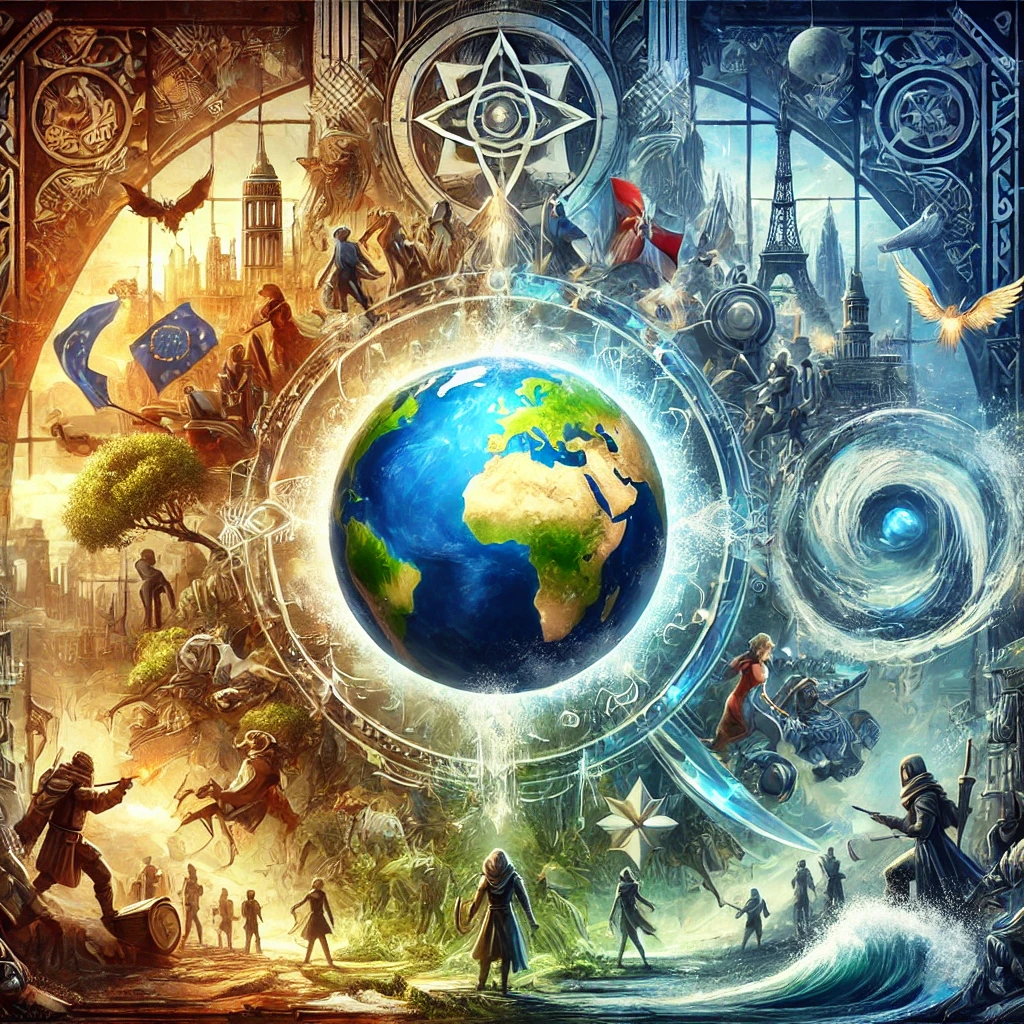Games are more than entertainment—they are mirrors of the cultures that create them. From story themes to character design and world-building, games reflect values, struggles, and perspectives from around the world.
Cultural Identity Through Design
Every region leaves its mark on game design. Japanese games like Persona, Final Fantasy, or Yakuza explore ideas of honor, duty, and social roles. Western titles often emphasize player agency, branching choices, and large-scale individualism (Mass Effect, Skyrim).
Even mechanics can be culturally informed. The grind-heavy structure of some Korean MMOs or the roguelike traditions of European PC indies show how regional preferences shape experiences.
Representation Matters
Games are also changing in who they represent:
- More protagonists from marginalized communities
- LGBTQ+ narratives and themes gaining visibility
- Mythologies and folklore from Africa, South America, and Southeast Asia inspiring new fantasy worlds
This diversity allows players to connect with stories that feel personal, or explore lives far from their own.
Historical and Political Parallels
Some games tackle heavy themes:
- Papers, Please critiques bureaucracy and border politics
- Spec Ops: The Line challenges the glorification of military action
- Through the Darkest of Times explores resistance in Nazi Germany
These titles use interactivity to create empathy and reflection—making the player part of the question, not just the audience.

Leave a Reply